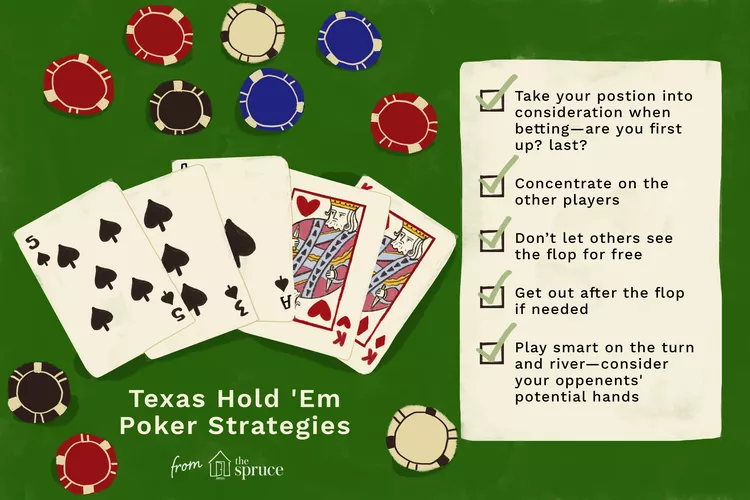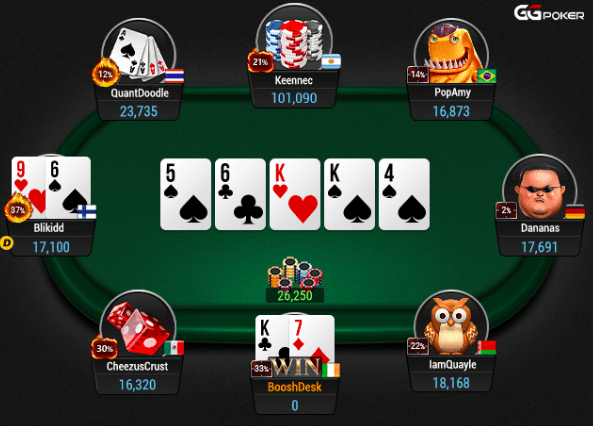Texas Hold'em Poker is not just a game of luck; it is a game of skill, strategy, and psychological warfare. Understanding the basic structure and the rules is essential for any player looking to win. In this guide, we will cover all the facets of the game to set you on the path to becoming a proficient player.
Understanding the Rules of Texas Hold'em
Texas Hold'em is played with a standard 52-card deck. The game starts with two players posting the small and big blinds, which are mandatory bets to start the pot. Each player is then dealt two private cards (hole cards). Players then proceed through rounds of betting as community cards are revealed on the table: the flop (three cards), the turn (one card), and the river (one card). Players must make the best five-card hand using any combination of their hole cards and the community cards.
Hand Rankings
Knowing hand rankings is crucial in Texas Hold'em. From highest to lowest, the ranks are: Royal Flush, Straight Flush, Four of a Kind, Full House, Flush, Straight, Three of a Kind, Two Pair, One Pair, and High Card. Memorizing these rankings is fundamental to evaluating your hand's strength and potential.
Betting Strategies
Betting is the heart of poker and understanding when to bet and how much is a key to success. There are four main actions in betting: bet, call, raise, and fold. Strategic betting can coerce opponents into folding or driving up the pot value when you have a winning hand. Positional betting, paying attention to the dealer's button, also plays a crucial part in your game strategy.
Reading Opponents and Bluffing
Card reading skills and bluffing are where psychology plays a significant role. Reading opponents involves observing their behavior, betting patterns, and physical tells to gauge the strength of their hands. Bluffing, or betting aggressively to portray a strong hand when you have a weak one, can force opponents to fold superior hands, giving you an edge.
Advanced Tips and Common Mistakes
To advance your game, consider exploring more complex strategies like slow playing, check-raising, and the squeeze play. However, be aware of common mistakes such as playing too many hands, misreading the board, or underestimating the importance of position.
Conclusion
Mastering Texas Hold'em requires patience, sharp mental acumen, and continual learning. Whether you're a novice or an experienced player, understanding these core aspects of the game can significantly improve your odds of success. Poker is not just about the cards you hold but how you play them.




